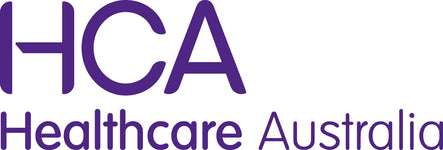ACFI palliative care downgrades: tribunal findings
Three residents’ palliative care claims were downgraded at ACFI validation. After an appeal was dismissed, the requirements for claiming this part of complex healthcare have been confirmed by the Administrative Appeals Tribunal of Australia.
The Tribunal made a determination whether the requirements were met for a “palliative care program involving end of life care where ongoing care would involve very intensive clinical nursing and/or complex pain management in the residential care setting”
What is palliative care?
The evidence-based guidelines approved by the NHRMC state:
- It is important to distinguish between a palliative approach, specialised palliative care service provision and end of life (terminal) care
- A palliative approach aims to improve the quality of life for individuals with a life limiting illness, and
The WHO definition of palliative care includes an approach that improves the quality of life for individuals and their families facing the problem associated with life-threatening illness
“A palliative approach is not the care itself: it is actually an approach to care delivery rather than the care delivery.”
What is end of life care?
The National Palliative Care Program Guidelines state:
“End of life care refers to the phase where death may be expected within a period of hours to several days”.
Even though letters may be signed by medical practitioner, they may actually be describing a “palliative approach”, and not constitute a “palliative care” directive which must describe the complex healthcare procedure to be performed and the associated management and/or treatment plan.
Contact us if you would like more information about how HCA can assist your facility to reduce your validation risk; considering that a single category downgrade in CHC can be a reduction in funding of $20,000 p.a, validation sample sizes are typically 25% of the facility’s residents, and these can include reviews of claims that are several years old, an objective audit process can provide a significant return on investment.
